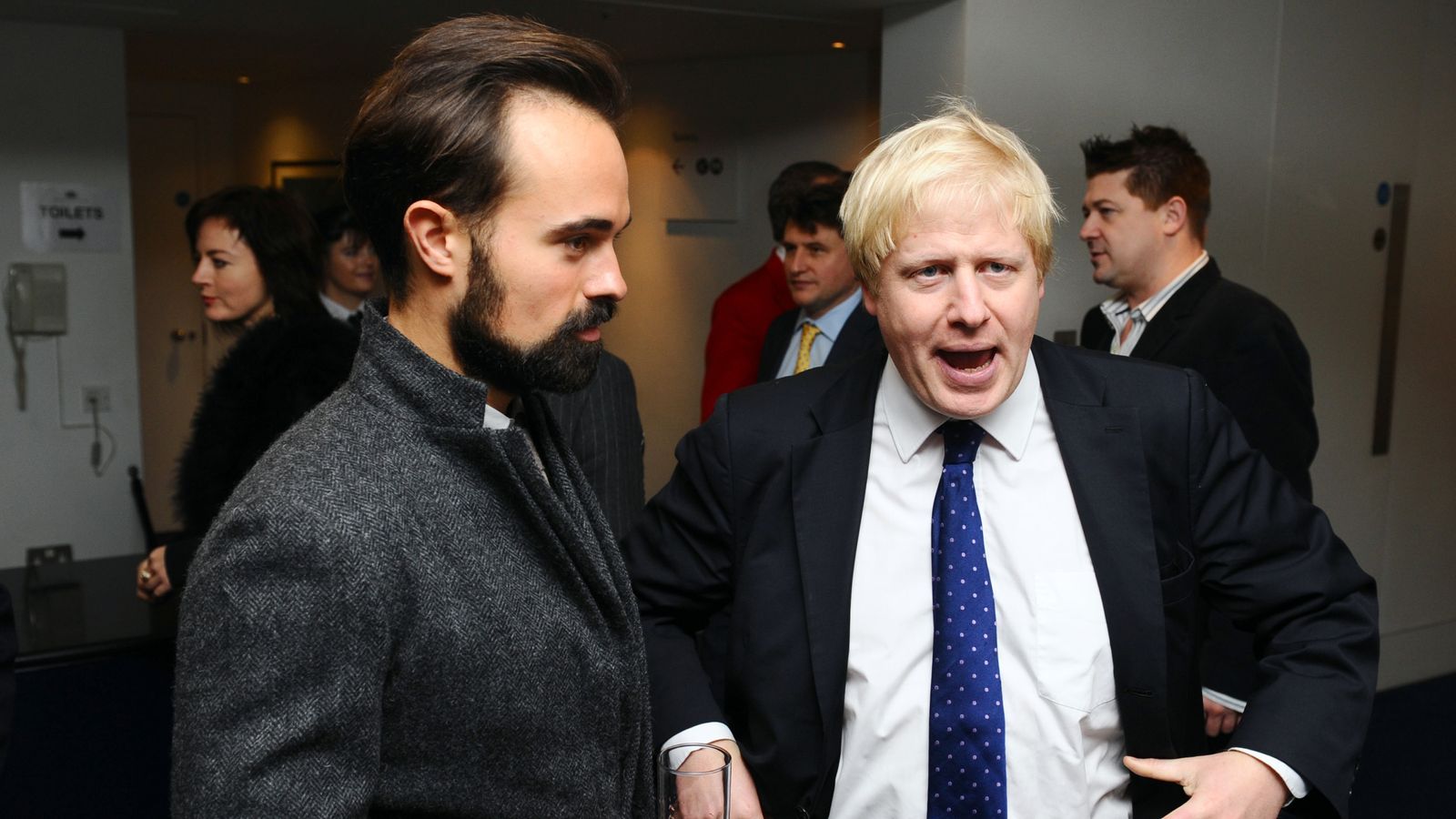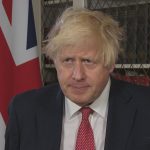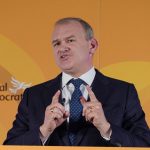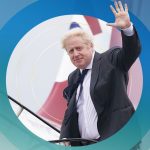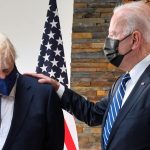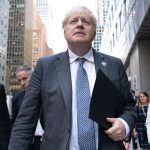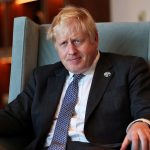Questions remain over Boris Johnson’s dealings with ex-KGB agent Alexander Lebedev after he failed to provide further details of a meeting.
The prime minister admitted to MPs at the powerful Liaison Committee on 6 July he had “certainly” met the Russian oligarch and then-Evening Standard owner while foreign secretary, without officials present.
However, he said he would have to get back to the committee to let them know about the exact date he was asked about, which he said was in Italy.
He said it was a “personal engagement” and would provide further details in a letter.
Foreign Office minister Vicky Ford also told the Commons earlier in July she “thinks” Mr Johnson mentioned the meeting to civil servants, which prompted Labour to brand the PM a “risk to the country”.
Mr Johnson has now sent a letter to the committee confirming he attended a “social event” in April 2018 at the house of Evgeny Lebedev, Alexander’s son who is now in the Lords, in Italy and declared he stayed overnight there.
He wrote: “As far as I’m aware, no government business was discussed.”
Public spending in the north falls behind rest of England despite government’s Levelling Up agenda
Boris Johnson throws a grenade as he visits Ukrainian troops being trained in UK
Boris Johnson could face losing seat if found to have lied over partygate
The PM gave a list of the action he has taken against Russian aggression and also highlighted how Labour’s shadow cabinet has held several meetings and social engagements with Lord Lebedev.
He said he met Mr Lebedev senior at the event in Italy and said it “was not a formal meeting, nor something that was pre-arranged”.
The prime minister said officials were aware “in advance that I was attending the social event”.
“Contrary to some reports, my visit was in line with established security protocols under successive foreign secretaries,” he added.
“It would not have been normal practice for civil servants or security staff to have accompanied me to such a private, social occasion.
“I did not take ministerial papers with me.”
He said ministers must pass any significant content back to the Foreign Office if they find themselves discussing official business without an official present at a social occasion.
“That was not necessary in this case,” Mr Johnson wrote.
“As far as I am aware, no government business was discussed.”
Labour’s deputy leader Angela Rayner said Mr Johnson’s letter raised more questions and accused him of putting “people in danger” with his carelessness.
“The prime minister claims the meeting wasn’t pre-arranged and yet also says officials had been made aware in advance, but he apparently still can’t recall whether he discussed government business or not,” she said.
“This letter suggests the prime minister has something to hide. He has failed to answer whether a private phone call with Russian Foreign Minister Sergei Lavrov had been arranged or explain the presence of an undeclared and unidentified guest.
“As foreign secretary, Boris Johnson’s carelessness with words put people in danger. Every day he clings to office, there is new evidence of the risk to national security he poses.”
In his letter to the committee, Mr Johnson wrote how he expelled Russian diplomats and intelligence officers over the Salisbury poisonings while foreign secretary.
He also mentioned helping impose sanctions against Russians “responsible for hostile and malign activity”.
Mr Johnson listed the action taken by him as prime minister against Russia over Ukraine and also how Lord Lebedev has been “vocal in his criticism of the Putin regime”.
The PM also mentioned how the Labour Party’s records show “considerable engagement” by the shadow cabinet with Lord Lebedev “and attendance at his social events”.
He said that included meetings with Chris Bryant, the chair of the Standards Committee, and Shadow Home Secretary Yvette Cooper “who have both raised the issue of my engagement in recent weeks”.
